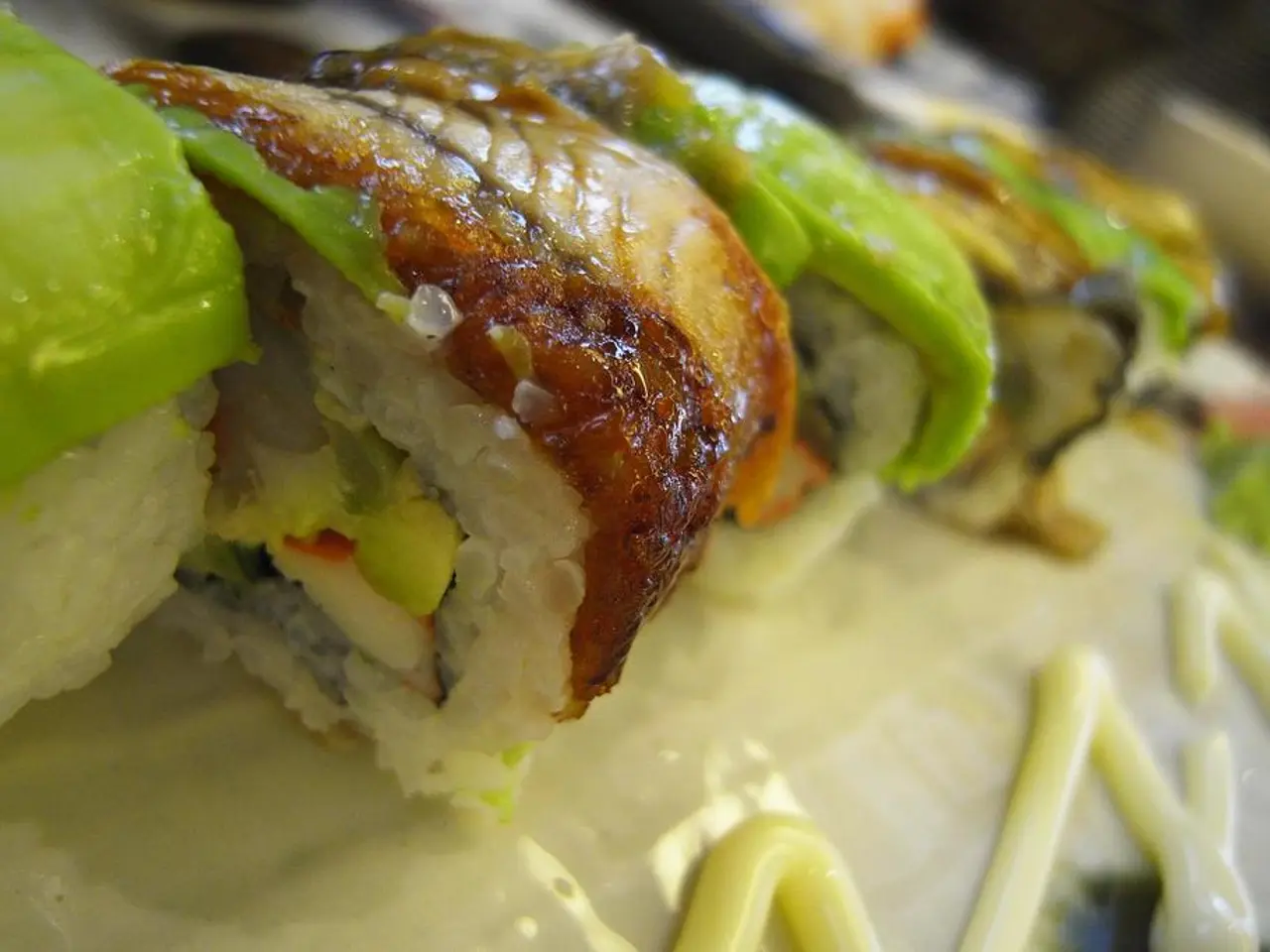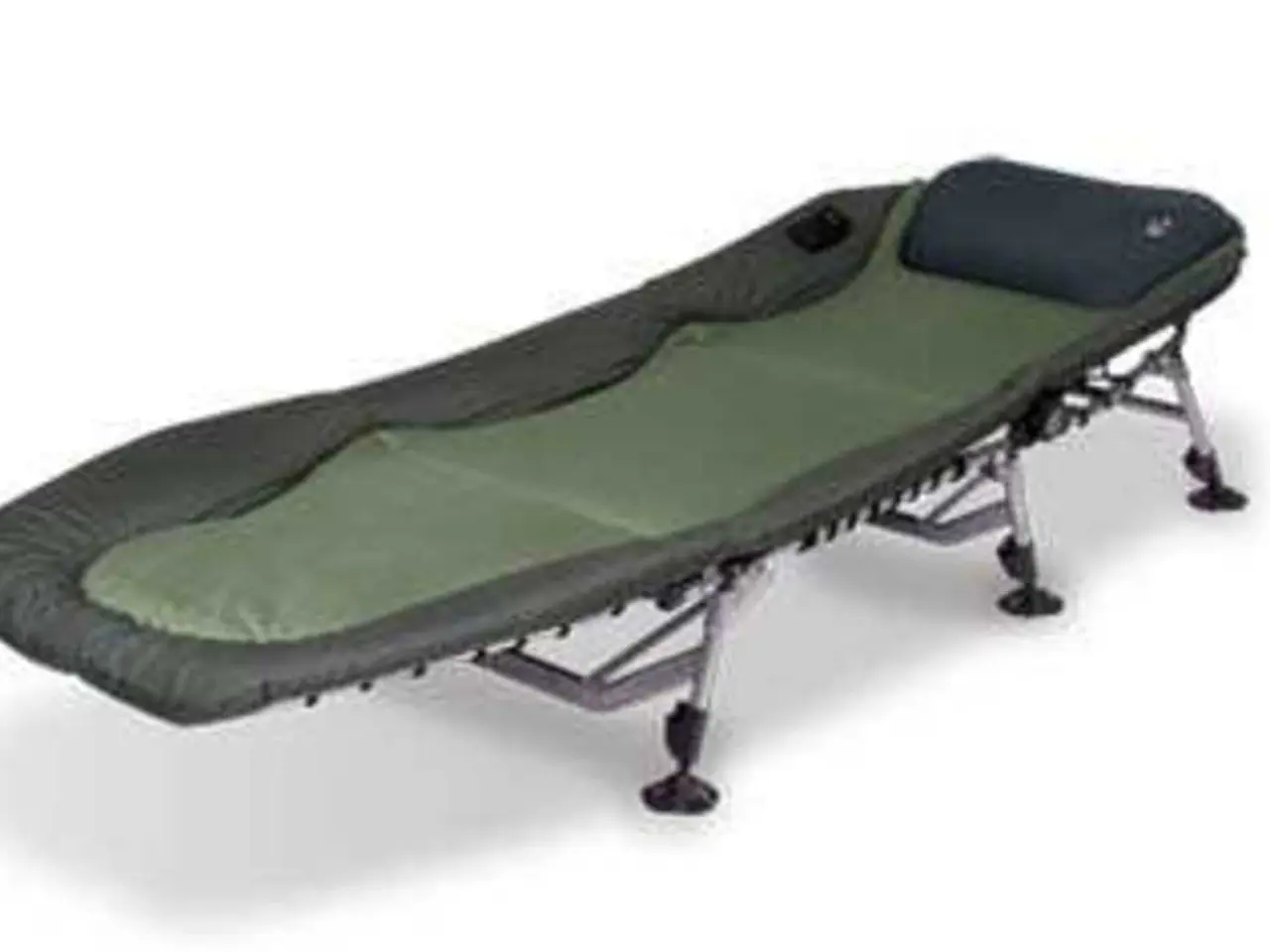Improving the Diet of our Avian Companions: The Importance of High-Grade Nourishment for Pets Birds
In the heart of a loving home, a pet bird named Kiwi is thriving. Her vibrant chirps fill the morning air, a testament to the profound impact of quality nutrition on her health and happiness.
Pet birds, like Kiwi, have intricate nutritional needs that require a carefully balanced diet for them to truly flourish. A balanced diet typically consists of approximately 60% formulated pellets and 40% fresh vegetables, supplemented by some seeds and fruits. This combination ensures essential nutrients including vitamins (like A, B12, and E), minerals, and fiber needed for optimal avian health.
Seeds, while a staple in many bird diets, are often high in fat and lacking in certain nutrients. They can lead to long-term health problems if not complemented with a diverse range of foods. Fresh fruits, vegetables, and high-quality pellets are therefore crucial components of a nutritious meal plan for pet birds.
Leafy greens, such as kale, spinach, broccoli, sprouts, and carrots, offer fiber, vitamins, and antioxidants. Fruits provide natural sugars, vitamins, and enrichment, with safe options including apples (without seeds), pears, melon, kiwi, banana, papaya, and grapes. Whole seeds may require grit to aid digestion in species like doves.
A balanced diet is not just about physical health. It also supports natural foraging behaviour and mental stimulation, providing a sense of enrichment for our feathered friends. Conversely, a lack of fresh fruits and vegetables in a pet bird's diet can lead to serious health issues, such as liver disease.
One such issue that can stem from poor nutrition is feather plucking. This behaviour can indicate nutritional deficiencies, particularly in vitamins like A or calcium. Obesity, caused by an excess of seeds or a high-fat diet, can also lead to joint issues and restricted mobility.
Preventive care through diet, clean water, and environmental enrichment is fundamental for maintaining pet birds’ health and reducing the need for medical treatment. Regular consultation with a bird veterinarian helps tailor diets to specific species and individual bird needs.
For Kiwi's owner, preparing meals for her pet has become a cherished ritual. Every day with Kiwi is now filled with laughter and playful interactions. Feeding Kiwi has deepened the bond between the owner and the bird, and observing her curiosity as she explores new foods is a delightful experience.
Quality nutrition for Kiwi has made her feathers brighter, her energy levels soar, and her overall health improve. Choosing quality in every aspect of pet care enhances the life of the pet and the owner, creating a harmonious bond that enriches both lives.
[1] AvianWeb. (n.d.). Nutrition for Pet Birds. Retrieved from https://www.avianweb.com/bird_nutrition.shtml [2] The Cornell Raptor Program. (n.d.). Nutrition for Pet Birds. Retrieved from https://www.vet.cornell.edu/departments-centers-and-institutes/cornell-university-hospital-for-animals/cornell-raptor-program/pet-bird-nutrition [3] The Bird Trust. (n.d.). Nutrition for Pet Birds. Retrieved from https://www.birdtrust.org/avian-medicine/nutrition/ [4] The Association of Avian Veterinarians. (n.d.). Nutrition for Pet Birds. Retrieved from https://www.aav.org/avian-health-and-welfare/nutrition/ [5] The Avian Welfare Coalition. (n.d.). Nutrition for Pet Birds. Retrieved from https://www.avianwelfarecoalition.org/nutrition/
- The science of pet bird nutrition is crucial for ensuring the smart use of AI systems in recommending suitable solutions for their health-and-wellness needs.
- In the workplace-wellness context, offering a menu of nutritious food-and-drink options, including fresh fruits and vegetables, can support good family-health and mental-health habits among employees.
- Adopting a lifestyle centered around skin-care and proper nutrition, along with regular exercise and fitness-and-exercise routines, will positively impact the overall health of the entire family.
- For busy parents trying to balance work, parenting, and personal life, employing smart home-and-garden automation systems that aid in meal preparation and planning can provide a holistic approach to family-health improvement.
- By consulting experts in nutrition and parenting, an individual can develop a well-rounded plan that addresses the health-and-wellness needs of both the children and the family pets, promoting a harmonious and balanced lifestyle.
- Integrating AI and smart technologies into fashion-and-beauty and fitness-and-exercise industries can offer personalized solutions for users' health-and-wellness goals, which in turn can contribute to an overall improvement in mental-health outcomes.
- Pets, like pet birds, require a balanced diet consisting of various food-and-drink alternatives, supplemented with regular exercise and environmental enrichment, to maintain optimal health and happiness.
- Lack of proper nutrition and mental stimulation can lead to various health issues, such as obesity, liver disease, and even feather plucking, emphasizing the need for a diverse diet for pets.
- To ensure the best care for our pets, it is essential to consult with professionals in the field, such as avian veterinarians and experts in nutrition for pets, for guidance in creating a personalized diet plan for each pet.
- The bond between a pet owner and their pet can be strengthened through simple yet meaningful actions, such as the cherished ritual of preparing a nutritious meal that supports their pet's health and happiness, enriching both lives in the process.




